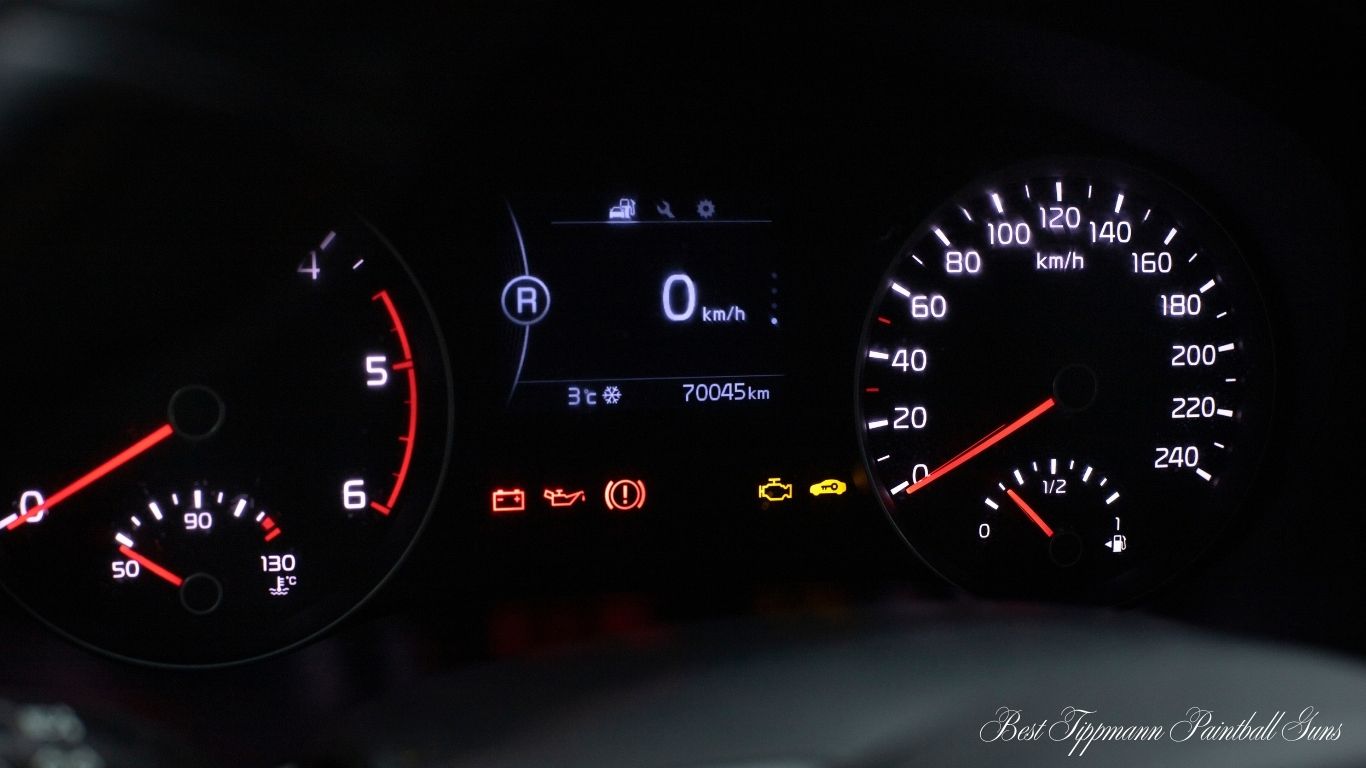When you see the EPC light appear on your Volkswagen Jetta’s dashboard, it’s a sign that something is amiss with the vehicle’s electronic systems. The EPC, or Electronic Power Control, light can be triggered by a variety of issues, and understanding what it means can help prevent further damage. In this guide, we will discuss everything you need to know about the EPC warning light, its causes, how to troubleshoot the issue, and what steps you can take to resolve it.
What is EPC on a Jetta?
The EPC warning light on a Jetta is part of the vehicle’s Electronic Power Control system, which monitors the performance of various engine and transmission components. This system works to ensure the engine is running efficiently and within the required parameters. If something is wrong, the EPC light will illuminate, signaling a potential issue that requires attention.
The EPC system is integral to maintaining the optimal performance of the engine, throttle, brakes, and other critical components. When this light comes on, it’s important not to ignore it as it could indicate a serious issue with one of these systems.
Common Causes of the EPC Light on a Jetta
1. Throttle Body Problems
One of the most common causes of the EPC light turning on is a malfunctioning throttle body. The throttle body controls the air intake into the engine, and if it becomes dirty or damaged, it can send incorrect signals to the engine control unit (ECU).
2. Faulty Sensors
Various sensors, such as the brake light switch or the throttle position sensor, can trigger the EPC light. These sensors are responsible for relaying information to the ECU, and when one of them fails, the system may display the EPC warning.
3. Electrical Issues
A malfunction in the electrical system, including wiring or connections within the engine or ECU, could also trigger the EPC light. These issues are often harder to diagnose but can have serious consequences if left untreated.
4. Engine Misfires
Misfires in the engine can occur when the fuel doesn’t combust correctly, leading to rough idling, loss of power, and the triggering of the EPC warning light.
5. Low Engine Oil
If your engine oil levels are too low, it can cause damage to the engine’s components, which may cause the EPC light to appear as a warning sign.
How to Troubleshoot and Diagnose EPC Issues
Diagnosing the issue behind the EPC warning light requires a few steps. Here’s how to approach it:
1. Check for Other Warning Lights
The EPC light often appears alongside other warning lights on your dashboard, such as the check engine light. Pay attention to any other lights that may appear and consider using an OBD-II scanner to read diagnostic trouble codes (DTCs).
2. Inspect the Throttle Body
If you suspect the throttle body is the culprit, inspect it for signs of dirt or damage. Cleaning or replacing the throttle body can sometimes fix the issue.
3. Test the Sensors
Faulty sensors are a common cause of the EPC light. Use a diagnostic tool to check for any sensor malfunctions. If any codes are flagged, replace the affected sensors to resolve the issue.
4. Look for Electrical Problems
Check the electrical system for loose or damaged wires. Ensure that all connections are secure, and consider consulting a professional if you suspect an issue with the vehicle’s wiring.
How to Fix EPC Problems on Your Jetta
1. Clean or Replace the Throttle Body
If the throttle body is dirty or faulty, cleaning it with a throttle body cleaner can sometimes restore its function. If cleaning doesn’t resolve the problem, you may need to replace it altogether.
2. Replace Faulty Sensors
If you’ve identified that a sensor is malfunctioning, replacing the sensor is usually a straightforward fix. The most common sensors to check are the throttle position sensor, brake light switch, and mass airflow sensor.
3. Repair Electrical Issues
Electrical problems can be more complex and may require professional assistance. If the wiring is damaged, it will need to be repaired or replaced by a mechanic to prevent further issues.
4. Check and Change Engine Oil
If low engine oil is the cause of the EPC light, simply topping up the oil may fix the problem. However, if the oil level was low for an extended period, you may need to have the engine inspected for damage.
EPC Light Reset: Is It Necessary?
After fixing the issue, you might be wondering if you need to reset the EPC light. In most cases, the light will reset itself after the problem has been addressed. However, if it remains on, you can reset it by disconnecting the battery for about 15 minutes, or you can use an OBD-II scanner to clear the codes.
It’s important to ensure the issue is fully resolved before resetting the light, as this could mask any ongoing problems.
FAQs: Frequently Asked Questions
1. What does EPC stand for in a Volkswagen Jetta?
EPC stands for Electronic Power Control. It is a system that monitors various components of your Jetta, including the throttle body, engine, and sensors, to ensure optimal performance.
2. Can I drive with the EPC light on?
It is not recommended to drive with the EPC light on, as it indicates a problem with your vehicle’s engine or electronic systems. Continuing to drive could lead to further damage.
3. How much does it cost to fix the EPC light on a Jetta?
The cost to fix the EPC light can vary depending on the issue. Simple fixes, like cleaning the throttle body, may cost around $100, while replacing sensors or electrical components could cost upwards of $500.
4. Can a dirty throttle body cause the EPC light to come on?
Yes, a dirty throttle body is one of the most common causes of the EPC light coming on in a Jetta. Cleaning the throttle body may resolve the issue.
5. How can I prevent the EPC light from coming on?
Regular maintenance, including cleaning the throttle body, checking engine oil levels, and replacing worn sensors, can help prevent the EPC light from coming on.
Conclusion
The EPC light on a Jetta should never be ignored, as it’s an important warning sign from your vehicle’s electronic systems. By understanding the potential causes of the EPC light and knowing how to troubleshoot and fix common problems, you can ensure your Jetta remains in top condition for years to come. If you’re unsure about the source of the problem or how to fix it, always seek professional help from a mechanic.


